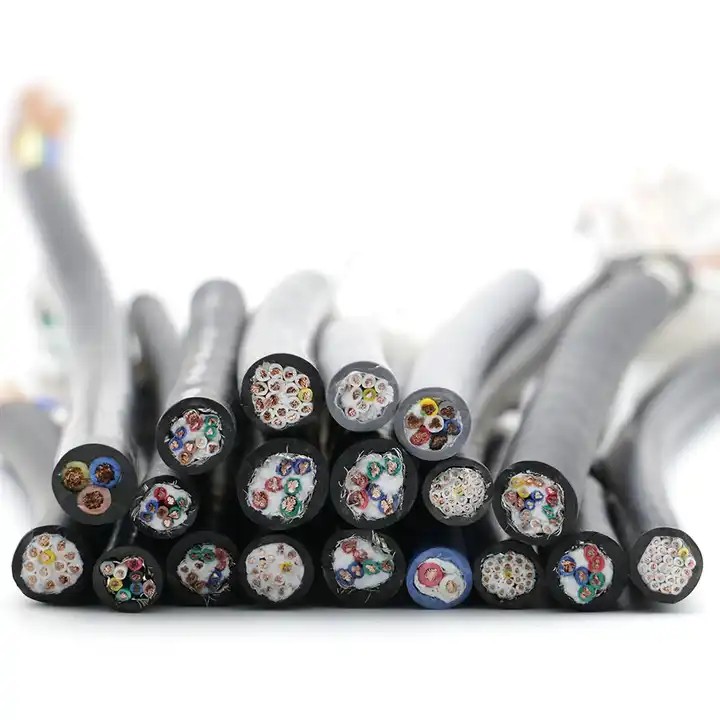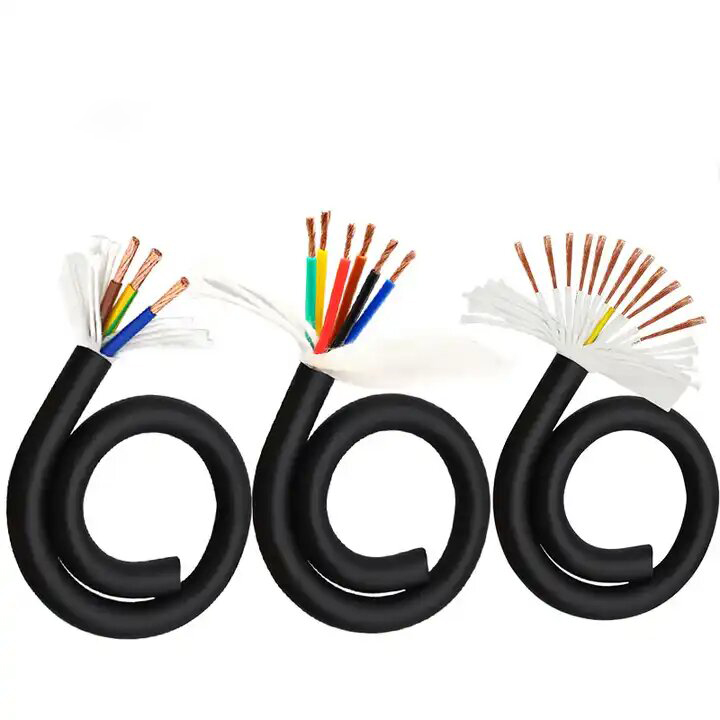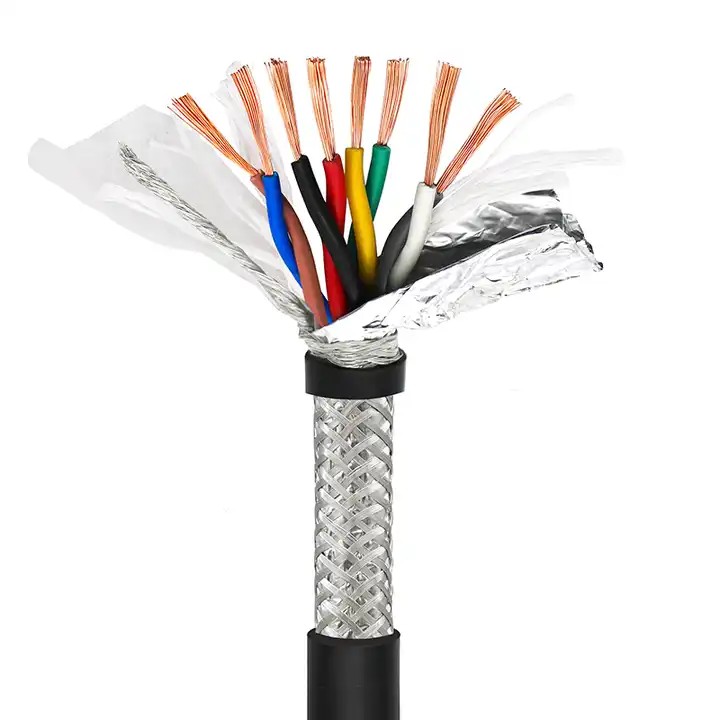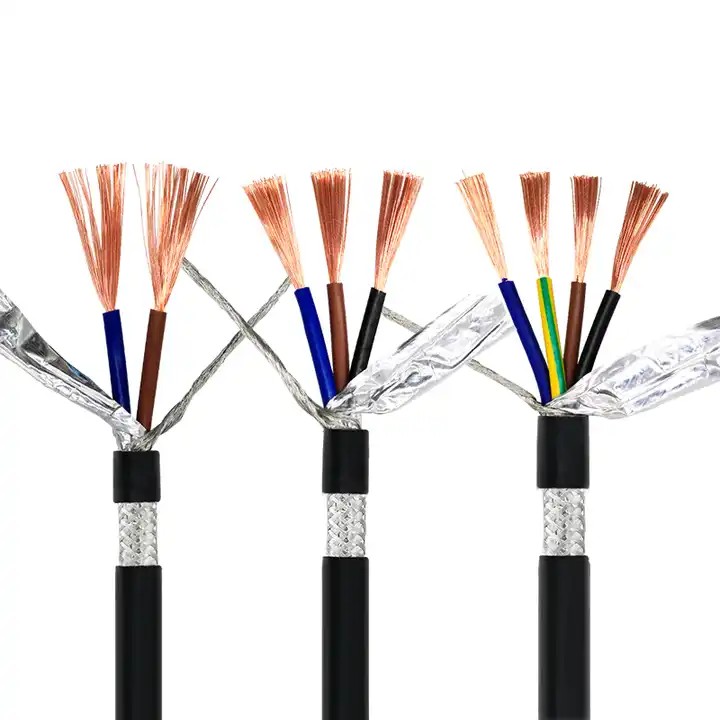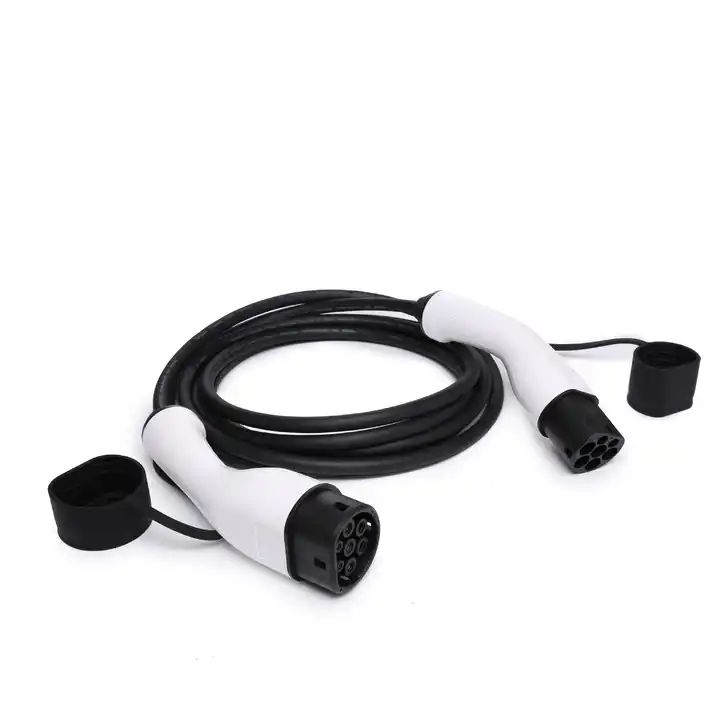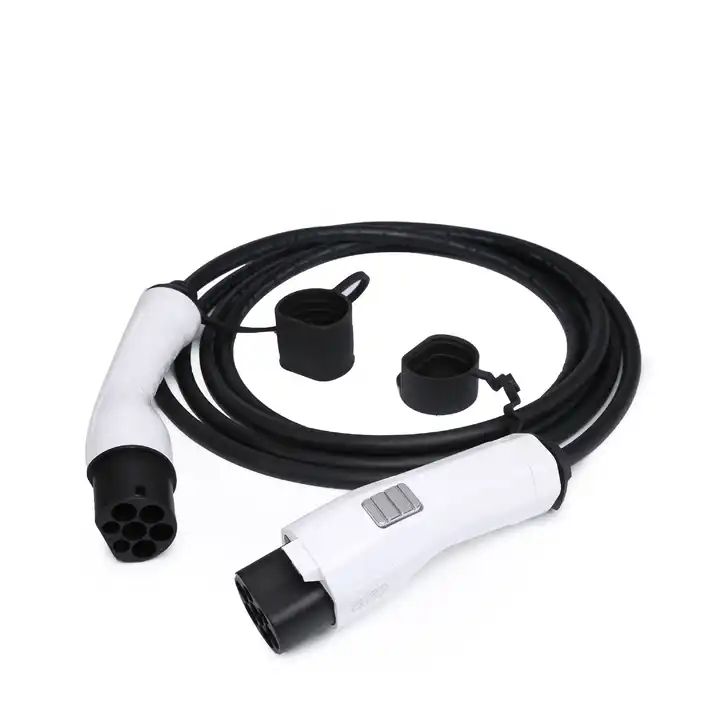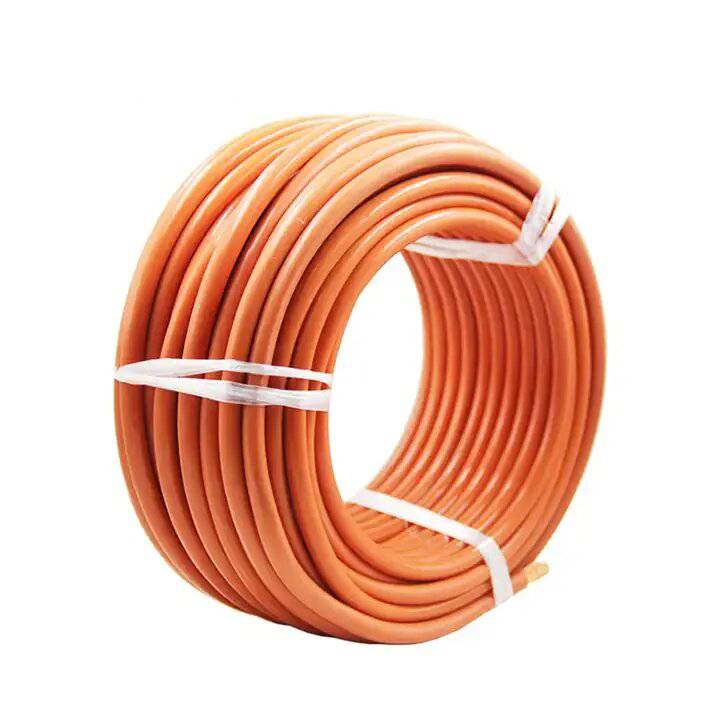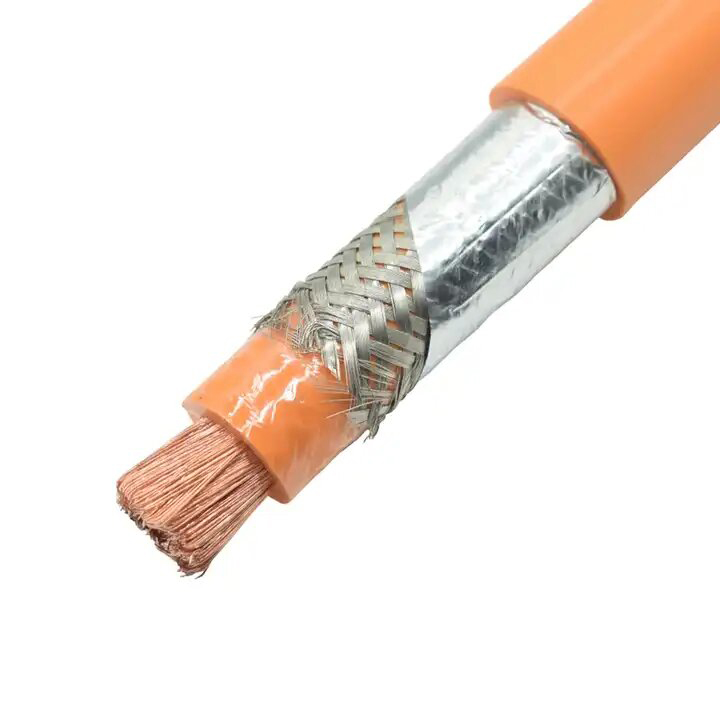How to Test EV Cable Performance?
Published:
2024-08-27 17:02:51
Here’s a comprehensive guide on how to test EV cable performance.
As electric vehicles (EVs) become increasingly popular, the importance of high-quality EV cables cannot be overstated. Testing the performance of EV cables ensures safety, efficiency, and reliability in EV charging. Here’s a comprehensive guide on how to test EV cable performance, including key considerations and testing methods.
1. Understand the Key Components of EV Cables
EV cables consist of several critical components:
- Conductors: Carry the electrical current.
- Insulation: Protects against electrical faults and environmental conditions.
- Shielding: Reduces electromagnetic interference.
- Connectors: Ensure a secure connection between the vehicle and the charging station.
2. Check Electrical Conductivity
One of the primary performance metrics for EV cables is electrical conductivity. To test this:
- Measure Resistance: Use a digital multimeter to measure the resistance of the conductors. Lower resistance indicates better conductivity.
- Conductivity Testing: Ensure the cable maintains consistent conductivity throughout its length.
3. Inspect Insulation Integrity
The insulation of an EV cable must withstand various conditions. To test insulation integrity:
- Insulation Resistance Test: Use an insulation resistance tester to ensure the insulation resists electrical leakage. High resistance values indicate good insulation.
- Visual Inspection: Check for physical damage or wear that could compromise insulation.
4. Evaluate Thermal Performance
EV cables must operate efficiently under different temperatures:
- Temperature Testing: Use thermal cameras or sensors to monitor cable performance under load conditions. Ensure the cable doesn’t overheat.
- Thermal Cycling Test: Simulate varying temperature conditions to test the cable’s durability.
5. Assess Mechanical Strength
Mechanical strength is crucial for cable durability:
- Tensile Testing: Measure the cable’s resistance to pulling forces. Ensure it can withstand the stresses of installation and use.
- Flexibility Test: Evaluate the cable’s ability to bend without damage. This ensures it remains flexible in various applications.
6. Test for Electromagnetic Interference (EMI)
EMI can affect the performance of EV cables:
- EMI Testing: Use specialized equipment to measure the cable’s shielding effectiveness. Proper shielding minimizes interference and ensures stable operation.
7. Review Manufacturer Specifications
Consult the manufacturer’s specifications for detailed performance standards:
- Compliance Check: Ensure the cable meets industry standards and certifications.
- Manufacturer Reputation: Verify that the cable is from a reputable EV charging cable manufacturer known for quality products.
Testing EV cable performance involves evaluating electrical conductivity, insulation integrity, thermal performance, mechanical strength, and electromagnetic interference. By performing these tests, you ensure that your EV cables are reliable and safe, providing optimal performance for electric vehicle charging. Always consult with trusted EV charging cable manufacturers to select high-quality products that meet your specific needs.


